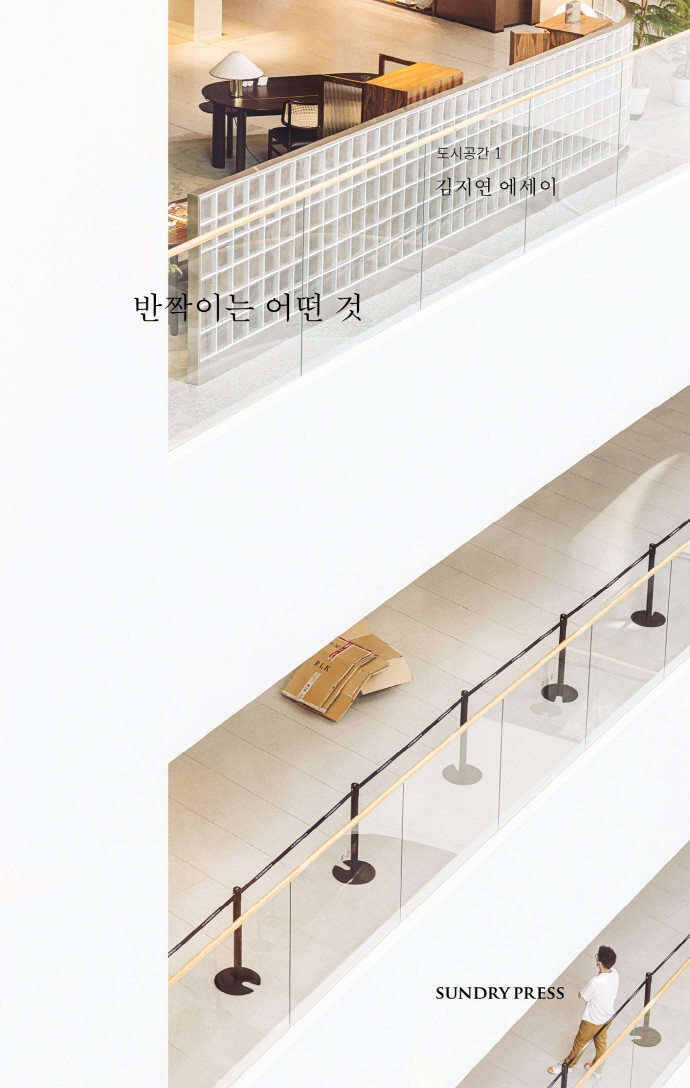
Woo-jae, What Happened? (YouTube)
Lee Yejin: Gen MZ, hot pl’ (place), insta matjip (restaurant), inssa (insider)—these are words that Joo Woo-jae wants wiped from the world. He hates things that require too much effort and is absolutely over any drama. Joo himself has said he’s never tried malatang because he hates the idea of a “nationwide frenzy.” As a life improvement project, Woo-jae, What Happened? aims to push Joo to do things he would never otherwise dare to, like attend a drinking party with ENFP people incompatible with his own personality type, wait before opening hours to eat at a restaurant that’s gone viral on social media, go on a blind date and end up over his head by the weird flirting and learn his favorite idol’s choreography while also decorating toploaders (plastic card protectors). It turns out there’s actually more to learn about the young generation and what’s currently popular by watching Joo and the way he stubbornly refuses to follow any trends. He’s quick to roll his eyes every 10 seconds when something’s really pushing his buttons, but even this small detail moves the show beyond mere entertainment and into the realm of catharsis. But the core of the show is the way in which Joo eventually comes to accept the situations he finds himself in. He might be quick to criticize people who decorate their toploaders without even knowing what the word means first, only to indulge himself in decorating photo cards of his dog, Jude Law, for 30 minutes. He also looks unimpressed by current it girls NewJeans before going full throttle into dancing to their song. Instagram Reels go from “won’t do this till the day I die” to “I can sort of see why people use this” after making just one, and once he experiences waiting to get a table at a trendy insta restaurant, he says he can “kind of get why people do this, but I still can’t really see myself becoming one of those people.” Though Joo’s particular variety of understanding is somewhat begrudging, it could have just the right amount of sympathy in a time when life has become a Darwinian survival contest and even attempting to understand the differences between people, let alone properly acknowledging them, has become a luxury.
Fanatic
Im Sooyeon (CINE21 reporter): Have you ever been a huge fan of a celebrity, only for them to later let you down? You finally come to believe that the world is making a turn for the better as violence once hidden in the shadows comes into the light of judgment, when suddenly the famous person you worship is exposed as a perpetrator themselves. After all the denial, rage and resentment, you’re left with a sense of guilt over whether the fans themselves are not entirely off the hook because they helped that celebrity to become rich and famous. Fanatic is a documentary that follows the director, who herself went from devoted to disappointed fan of singer Jung Joon Young overnight, as she interviews fans who underwent the same experience of seeing their favorite celebrities exposed as criminals. Their candid confessions show a lighthearted condemnation of these men from their fans, who tell about why they fall for celebrities, what effect the criminal charges have on their own lives and the psychological basis for fans to feel a sense of guilt after. You don’t have to be a former fan of a celebrity criminal yourself to appreciate Fanatic; the film will appeal to anyone who’s a fan at heart. The most common concerns among female fans in a post-#MeToo world include fundamental doubts surrounding women admiring famous men and the trauma that leads them to question whether each new celebrity they begin to eye might turn out to be another offender. Fanatic doesn’t end in self-damning hatred; rather, it seeks the makings of a healthy future for fans of all kinds—one where they don’t have to deny their feelings and can embrace their inevitable love of another person.
“Sagwa Remix” (Soullette)
Kang Ilkwon (RHYTHMER, Music Critic): Soullette’s name is a combination of the word “soul” with the suffix “-ette,” meaning, not unlike the artist’s physical frame, “small” in French. Soullette is a vegetarian, doesn’t drink or smoke and is serious about balance in her body and mind. She completely dismantled the musical world she had built when she discovered Erykah Badu, the symbolic head of neo and progressive soul. While her vocal style certainly resembles Badu’s, Soullette exudes an invigorating creativity that goes far beyond mere imitation. In a world where many singers have solid technique but lack character, such distinctive vocals present a great advantage.
On top of that, her songwriting is bold and experimental. Case in point: “Sagwa Remix,” an updated version of the standout hit off her first EP, Birthday, released in February. She is conscious of both length and sound in her lyric choices which her vocals naturally build on top of, while the neo soul track is produced to maintain a dry, crisp sound throughout. The song has everything it needs to get long-time R&B/soul listeners to uncross their arms and rid them of any suspicions about this newer experience.
All That Glitters (Jiyeon Kim)
Kim Gyeoul (writer): Desires are embodied by things and surroundings. And what embodies the desires of modern people on the largest scale? The mall—be it an actual shopping mall or the closely related department store or supermarket: a place where you can derive artificial enjoyment from a walk, where everything is new and beautiful and shiny; a place completely detached from the outside world, devoid of windows, and where it’s all fantasy unless you have the money to make it real. When we’re “malling,” we not only shop but also eat, watch movies and play games as well. The mall is the perfect place to fulfill every one of your needs without necessitating that you ever step foot outdoors or even be aware of the weather, but with that fulfillment comes a sense of emptiness because the mall eschews the natural flow of space and time and everything but money loses its value. Despite knowing this, we still frequent the mall and keep on loving it. The most popular malls become must-visit destinations and living near a large mall has become a major perk. Author Jiyeon Kim meditates on this way of life and the meaning behind the mall, examining the fantasy of capitalistic consumption that it represents as well as her own experience with it. The essay may not prompt any grand discourse in the conversation, but the author’s experience alone is food enough for thought.
Unauthorized reproduction and distribution prohibited.
